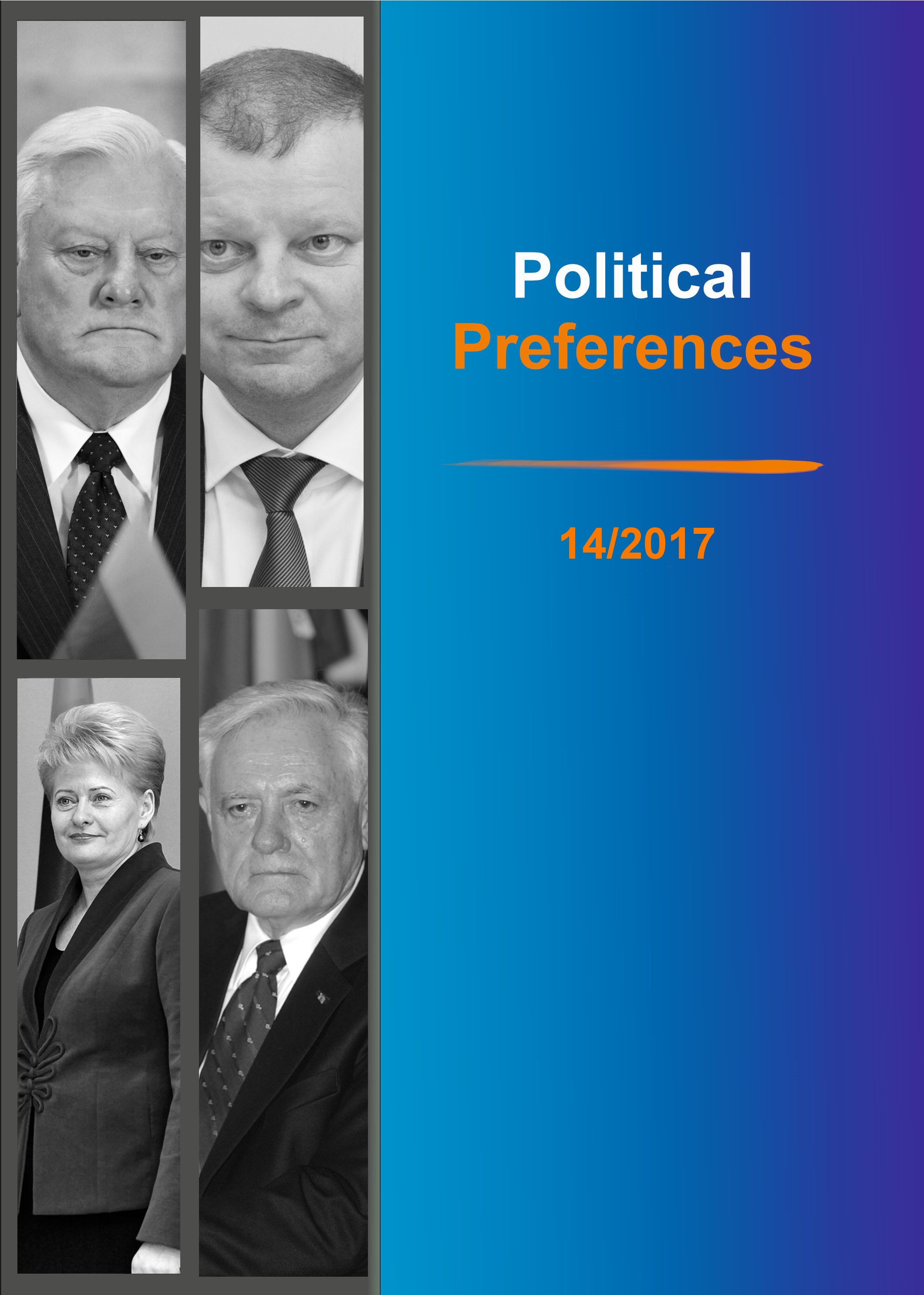Negative Political Communication in Online Video Advertisements: Case Study of 2016 Lithuanian Parliamentary Election
Negative Political Communication in Online Video Advertisements: Case Study of 2016 Lithuanian Parliamentary Election
Author(s): Šuminas Andrius, Arnas Aleksandravičius, Arūnas GudinavičiusSubject(s): Politics / Political Sciences, Law, Constitution, Jurisprudence
Published by: Wydawnictwo Uniwersytetu Śląskiego
Keywords: negativity; political communication; online video advertisements; election campaigns
Summary/Abstract: In the course of election campaigns politicians and political parties try their best tohighlight their most favored topics that would help them draw public attention and increasepeople’s regard for specific political figures. In contrast to the positive communication content announced during an election campaign, candidates sometimes choose negative messages that focus on their opponents’ weaknesses (real or imagined) rather than their own strengths. The goal of this research is to identify the forms and means of negative communication used in political video advertisements during Lithuanian parliamentary election of 2016. To achieve our goal, we analyze the political video advertisements that were categorized as negative communication. We categorize and analyze those advertisements by using concepts of forms of negativity and targets of negativity. Our findings suggest that negative communication is being used by Lithuanian political organizations, but it is the positive one that is still dominant in political video advertisements. Despite that, negative aspects of communication are used by different parties, in diverse forms and for different targets.
Journal: Political Preferences
- Issue Year: 2017
- Issue No: 14
- Page Range: 47-62
- Page Count: 16
- Language: English

